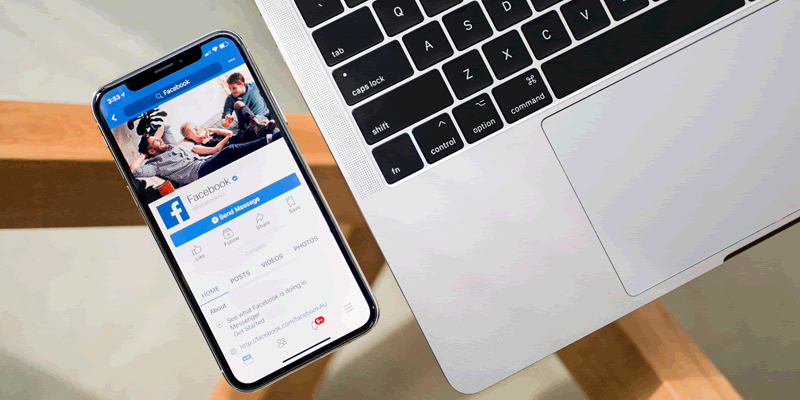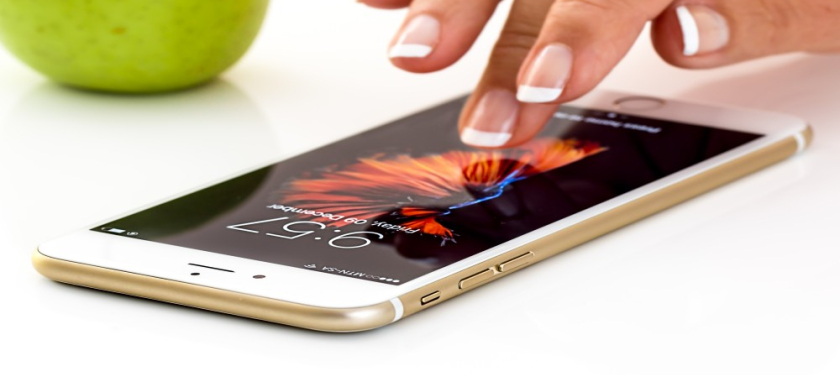Mastering the Sleuthing Art: Comprehensive Guide to Detect Unwanted Snooping on Your Mobile Device
21-10-2023
Our mobile devices have become integral parts of our lives, storing an enormous amount of personal information, ranging from bank account details to private conversations. As such, they're an attractive target for hackers and nosy individuals. It's essential to know whether someone has accessed your mobile without your knowledge. However, detecting such intrusions isn't always straightforward. This article provides you with the best tricks to determine if your mobile device has been compromised and what you can do to protect yourself.
1. Unusual Battery Drain
Your mobile device's battery life can serve as a key indicator of unauthorized access. If you notice a sudden and significant decrease in your battery life, it might be due to an intruder. Monitoring apps and spyware often run in the background, consuming a lot of power. Software updates can also cause battery drain, so it's crucial to rule this out before jumping to conclusions. In Android, you can check battery usage in Settings > Battery > Battery Usage. On an iPhone, go to Settings > Battery. If you spot an unfamiliar app draining your battery, it's worth investigating further.
2. Spike in Data Usage

Another sign of potential intrusion is an unexpected increase in data usage. Spyware and malicious apps often use a lot of data to transmit information they've gathered from your device. Check your data usage regularly by going to Settings > Network & Internet > Data usage on Android or Settings > Cellular on iOS. If you see a surge in data usage that can't be explained by your regular activities or an update, it's worth investigating. Also, look out for apps that use a disproportionate amount of data relative to their function.
3. Slow Performance and Frequent Crashing
If your mobile device is suddenly running slower than usual or crashing frequently, it could be a sign of unauthorized access. Malicious software can consume system resources, causing performance issues. It's important to differentiate this from normal ageing of devices, which can also lead to decreased performance. If your device is relatively new and you're experiencing these problems without an apparent reason, it could be a sign of intrusion. Be wary of apps that crash frequently, as this could indicate they've been compromised.
4. Unfamiliar Apps and Changed Settings

One of the most direct signs of intrusion is the presence of apps you didn't install. Intruders often install spyware or other malicious apps to monitor your activities. Regularly review the apps on your device, and if you find an app you don't remember installing, research it online before deleting it. Similarly, changed settings can also be a sign of unauthorized access. If you notice your settings have been altered without your knowledge, consider it a red flag.
5. Unexpected Phone Behavior
Finally, watch out for any unexpected behavior from your mobile device. This could include things like your phone lighting up when not in use, shutting down or starting up for no apparent reason, or making strange noises. These could all be signs of someone remotely controlling your device. Any unexplained activities that your phone performs on its own should be cause for concern.
In conclusion, maintaining your privacy in the digital age requires constant vigilance. By monitoring your mobile device for these tell-tale signs, you can protect your personal information from prying eyes. If you suspect your device has been compromised, take steps to secure it, such as changing your passwords, updating your software, or performing a factory reset. Remember, prevention is always better than cure, so keep your device's software updated, don't install apps from untrusted sources, and be wary of any unusual device behavior.












Leave a comment
Your comment is awaiting moderation. We save your draft here
0 Comments